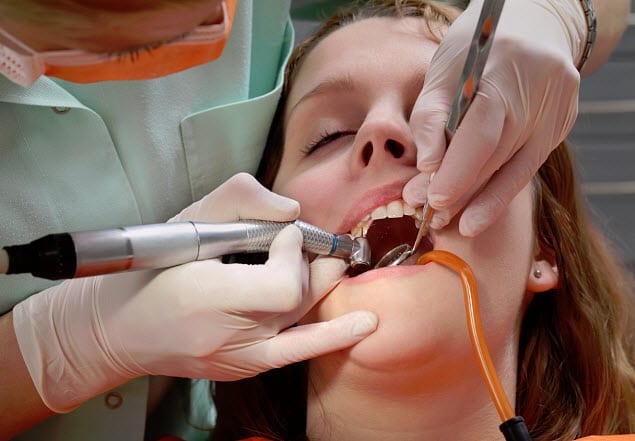A recent survey showed that people aren’t buying plans that cover a trip to the dentist, due to cost.
The results of a recent survey have now been released and they have shown that dental insurance is among the health care services that people with health plans say they most frequently skip due to the cost associated with the coverage.
One in five adults said that they had dental care needs that were not being met because they were cost preventative.
The research was conducted by at the Health Policy Center at the Urban Institute. They issued a brief about their findings, saying that people were more likely to go without dental insurance than they were to choose not to add prescription drugs or other types of medical care, specialist or doctor care, or medical tests on their health plans. The brief was based on a broader study that was entitled the March 2015 Health Reform Monitoring Survey. That survey was conducted online, nationwide and involved the participation of 7,500 adults who were between 18 and 64 years old.
All of the respondents had already had a health plan for at least a year, dental insurance was often not selected.
 Dental coverage is frequently not included in insurance policies, so consumers must actually choose to add it to their coverage for an additional fee. This is the case both in individual insurance as well as in the case of many benefit plans that are provided through employers.
Dental coverage is frequently not included in insurance policies, so consumers must actually choose to add it to their coverage for an additional fee. This is the case both in individual insurance as well as in the case of many benefit plans that are provided through employers.
According to research associate Adele Shartzer, from the health policy center at the institute, “The level of unmet need for care was surprising.” Shartzer added that “We expected that [dental care] would be a little higher than the other services we asked about, but it was even higher than we expected.”
While the health care reform requires that dental insurance be offered in pans for children, among the essential health benefits, this requirement does not extend to adults. For that reason, many plans would require adults to take out additional coverage for dental care, which would involve additional costs, as well. Often, this is a cost that many adults feel that they cannot afford and their dental needs are going unmet.
